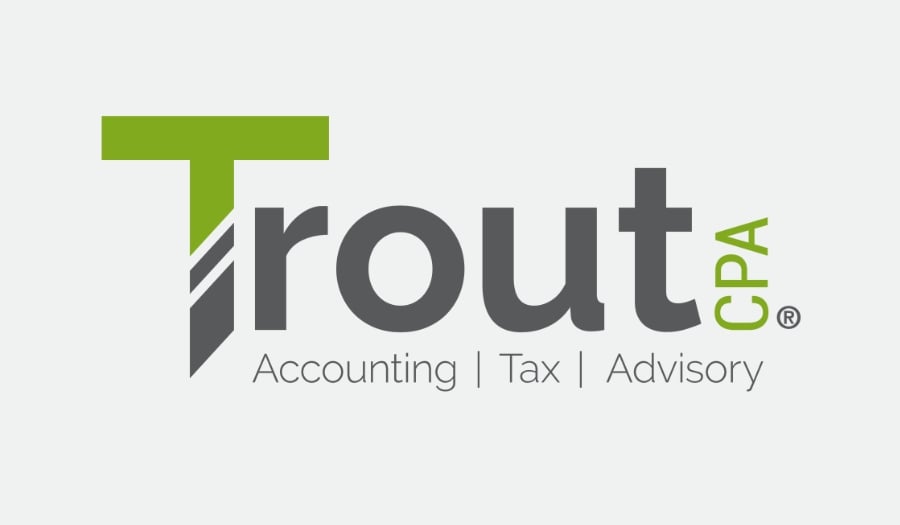The House Ways and Means Committee debated the GOP Tax Reform 2.0 three-bill package in a September 13 markup that ran almost seven hours. The package focuses on making permanent individual and small business tax cuts and creating incentives for retirement savings and business innovation. The following three bills were approved along party lines:
- Protecting Family and Small Business Tax Cuts Act of 2018 ( HR 6760);
- Family Savings Act of 2018 ( HR 6757); and
- American Innovation Act of 2018 ( HR 6756).
HR 6757 would make permanent the individual and small business tax cuts that were enacted temporarily through 2025 under the Tax Cuts and Jobs Act (TCJA) ( P.L. 115-97). These provisions were made temporary to comply with certain Senate budget rules applicable to the reconciliation process Republicans used to pass tax reform with only a simple GOP majority. Notable TCJA provisions that would be made permanent under HR 6750 include, among others:
- lowered individual income tax rates;
- 20-percent deduction of income for qualifying passthrough entities;
- $12,000 (individual) and $24,000 (married filing jointly) standard deduction; and
- $10,000 annual cap on the state and local tax (SALT) deduction.
HR 6757 aims to simplify certain rules for employer retirement plans, and eliminates the age limit on IRA contributions, among other things. Additionally, it would create a Universal Savings Account (USA), while also allowing tax-advantaged 529 Plans to be used for expenses related to trade schools, homeschooling, and up to $10,000 in total distributions for repayment of student loans.
HR 6756 would improve the tax treatment of certain start-up businesses. The bill would allow new companies to write off up to $20,000 of start-up and organization expenditures. Additionally, HR 6756 would allow for a change in start-up ownership without triggering limits on certain tax benefits.
Joint Committee on Taxation (JCT)
The JCT, a nonpartisan congressional scorekeeper, has estimated that all three bills will cost the federal government revenue. As noted in JCX-71-18, the JCT estimates that making permanent the individual and small business tax cuts under the TCJA, as proposed by HR 6750, would cost the federal government $631 billion in lost revenue over the next 10 years. Additionally, the JCT has estimated that HR 6756 and HR 6757, collectively, would cost approximately $26 billion in lost federal revenue over the next 10 years ( JCX-75-18, JCX-78-18).
Tax Reform 2.0’s Fate Uncertain
Tax Reform 2.0’s fate remains largely uncertain as it makes its way through the legislative process. While the measure is expected to garner enough Republican support in the House, despite certain GOP criticisms of the SALT deduction cap, it is not expected as a whole to fare well in the Senate. There is talk on Capitol Hill that Democrats could potentially support the retirement savings and business innovation bills in some form. However, it is considered unlikely that Democrats will support making permanent certain provisions of a law (the TCJA) for which not a single Democrat voted.



